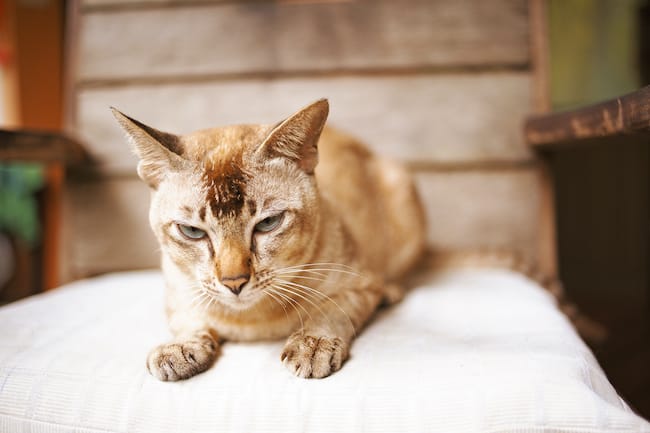lymphoma in cats australia
Stages of Cat Lymphoma. Back to Stories News.

Chronic Intestinal Disease In Cats Figtree Veterinary Clinic
Affects the lymphoid organs in the chest most often seen in young cats.

. Between 50 to 70 of cats with lymphoma have the gastrointestinal form. Haematological and biochemical findings in cats in Australia with lymphosarcoma. 8 Approximately 50 to 65 of cats will respond with 30 having a complete response.
Lymphoma is the abnormal proliferation of lymphocytes which are one of the main types of white blood cells involved in immunity. To determine the response of Australian cats with lymphosarcoma to chemotherapy andor surgery in relation to patient and tumour characteristics haematological and serum biochemical values and retroviral status. Affects the gastrointestinal tract this is the most common type more likely in senior cats.
The presence of lymphoma in the chest will often lead to fluid accumulation leading to respiratory symptoms in many cats. The higher the number of stages the more cancer has. The feline lymphoma stages predict the behavior of the cancer and survival odds.
It may arise in lymphoid tissues such as lymph nodes spleen and bone marrow. Associated with the feline leukaemia virus FeLV and the feline immunodeficiency virus FIV. As with all varieties of this cancer GI lymphoma is a disease of the lymphatic system and targets cells called T-or B-lymphocytes.
Understanding what lymphoma is and isnt in cats is important if your cat is diagnosed with this type of cancer. Physical exam findings may be normal though thickened intestines or abdominal masses may be felt. Bloodwork is likely to be normal in cats with gastrointestinal.
The average age of cats presenting with lymphoma in Australia is 11 years however there is a wide range from 1 year to 20 years. Low-grade lymphoma is more common in the gastrointestinal. It starts in lymphocytes which are cells of the immune.
Cats of any age breed or sex can be affected. The clinical signs will vary depending on this location. Malignant lymphoma LSA is the most common malignancy of cats.
A small cell lymphoma in cats is slow-growing. Lymphoma is a cancer of a white blood cell called a lymphocytes. Generally speaking the life expectancy is between 4 weeks to 2 years.
Affects the kidneys as healthy kidney cells get replaced by cancerous cells. Lymphoma is classified as high-grade more malignant or low-grade slower growth. Its also important to note.
Lymphoma is the abnormal proliferation of. Clinical signs and types of lymphoma Lymphoma in cats can be divided into several different forms depending on the main location of the tumour. Lymphoma is the second most common cancer for feline patients.
Lymphocytes are the second most important white blood cell behind neutrophils. Prospective study of 61 client-owned cats with naturally-occurring lymphosarcoma subjected to multi-agent chemotherapy andor surgery. A major question for patients with apparently localised extranodal lymphoma is whether the tumour can be treated with localised therapy alone or requires.
Haematological analysis usually included. Lymphoma is a cancer of the immune system that can affect the lymph nodes chest kidneys or gastrointestinal tract in cats. Originates in the lymph nodes.
A prospective multi-institutional study. Of 118 affected cats presented to the authors over a 18-month period 97 were evaluated haematologically and 87 biochemically. This type of lymphoma is more common in younger cats and will often present as a cat in respiratory distress.
Thankfully the most common type of feline lymphoma intestinal lymphoma is often low-grade or small cell. Single-agent lomustine can be used in cats that do not tolerate frequent injections or whose owners wish to keep costs down. Mediastinal lymphoma affects the lymphoid organs in the chest such as the thymus and lymph nodes.
High-grade and low-grade lymphoma. Yet it still remains difficult to diagnose and treat. Most feline physicians would agree that lymphoma synonym.
Australian Veterinary Journal 2000. Clinical signs of lymphoma in the gastrointestinal tract include weight loss vomiting diarrhea and often either a decreased or increased appetite. However lymphoma more commonly arises from other tissues in the body.
The average age of cats presenting with lymphoma in australia is 11 years however there is a wide range from 1 year to 20 years. To describe for the first time haematological and serum biochemical findings in cases of lymphosarcoma in Australian cats. Intestinal Lymphoma in Cats.
Since it is not aggressive cats have higher chances of survival. Lymphoma is one of the most common malignancies in cats and gastrointestinal or GI lymphoma in cats is an increasingly common problem. May 3 2022 Feline lymphoma is one of the most common and deadly cancers of cats.
Lymphoma is one of the most common cancer in cats. The average age of cats presenting with lymphoma in Australia is 11 years however there is a wide range from 1 year to 20 years. The average age of cats presenting with lymphoma in australia is 11 years however there is a wide range from 1 year to 20 years.
Most feline physicians would agree that lymphoma synonym. Lymphoma can occur in the chest causing coughing and labored. With treatment cats diagnosed with this type of lymphoma have an average life expectancy of 15-2 years.
Alimentary lymphosarcoma occurs in the stomach intestines liver and spleen. Lymphocytes are the second most important white blood cell behind neutrophils. The recommended treatment for HGAL is a multiagent chemotherapy protocol.
Twenty-two cats 361 had mediastinal lymphoma 11 180 had alimentary lymphoma 7 115 had peripheral lymphoma 8 131 had nasal lymphoma and 13 213 had miscellaneous lymphoma. Understanding Feline Lymphoma New Thoughts on a Common Disease. Cats may experience lymphoma of the nose which can cause sinus congestion nasal discharge sneezing and difficulty breathing.
Cancer staging helps vets choose the best treatment for lymphoma in cats. Gastrointestinal lymphoma refers to lymphomas where the cancer appears in the small.

Successful Management Of Feline Pemphigus Foliaceus With Pentoxifylline And Topical Hydrocortisone Aceponate Hobi Veterinary Medicine And Science Wiley Online Library

Giving Your Cat A Pill Pet Care Cat Care Kitten Care

Understanding Lymphoma In Cats

Lymphoma In Cats The Pet Oncologist

Ginger Cat Appreciation Day September 1 2022 National Today

Feline Lymphoma Treatment Prognosis Litter Robot

The Flea Lifecycle Simplified Vet Medicine Cat Fleas Fleas

Lymphoma In Cats Symptoms Diagnosis Litter Robot Cancer In Cats Feline Leukemia Cats
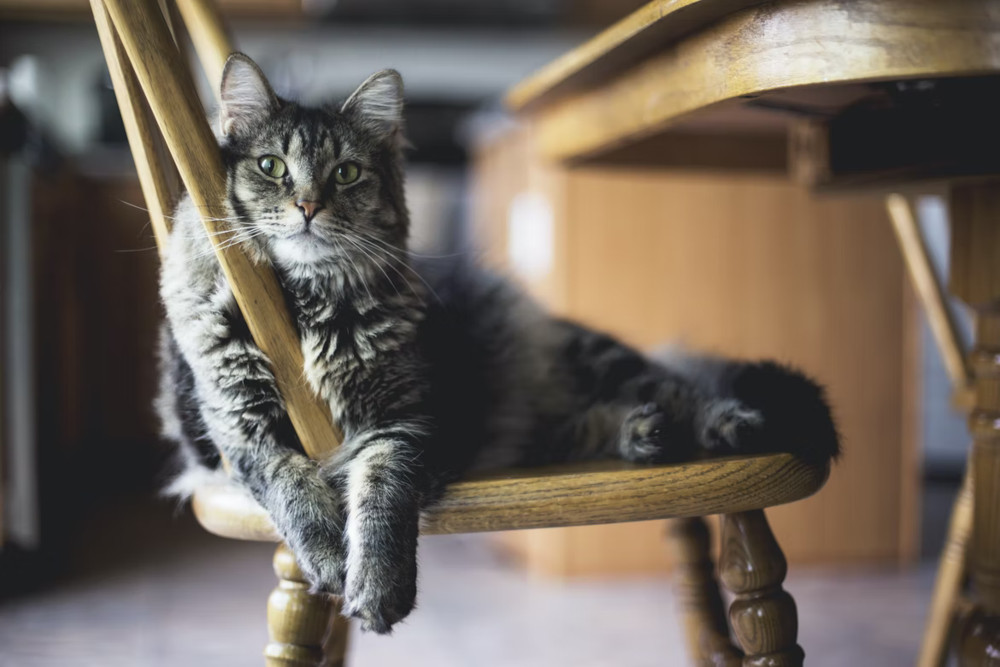
How Can Pain Be Recognised And Monitored In Cats Rspca Knowledgebase
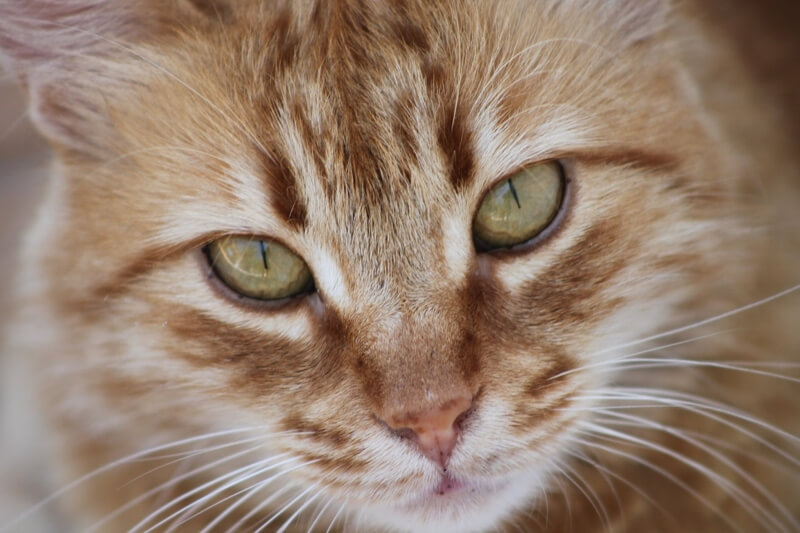
Understanding Lymphoma In Cats

Home Homeopet Natural Pet Homeopathic Remedies Pets

Lymphoma In Cats Perth Cat Hospital Perth Cat Vets

Grass Seed Abscess Lump On Dog S Paw Nicfoundland Australia Vet Blog Dog Paws Grass Seed Paw
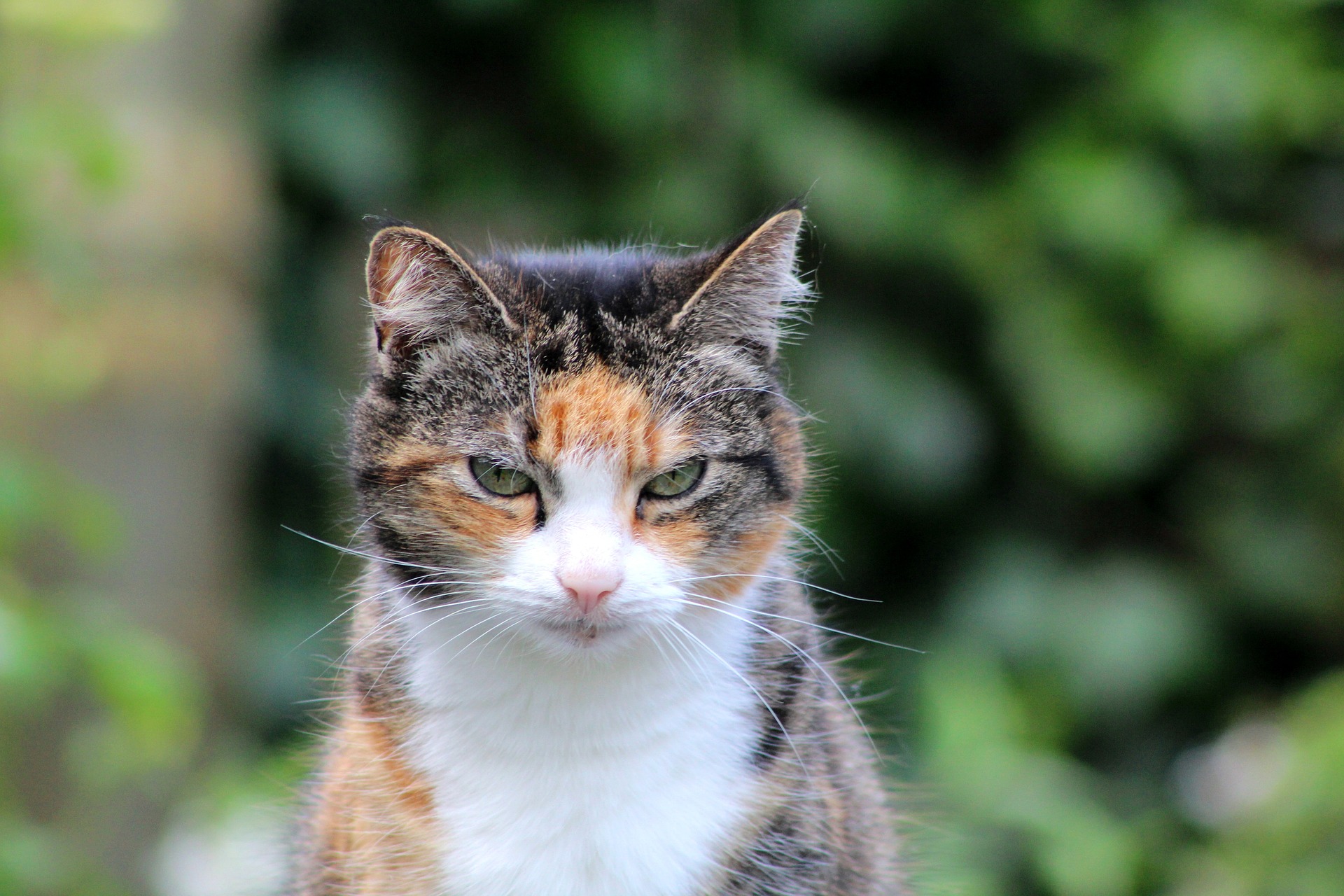
My Cat Has Lymphoma What Does That Mean Vet Help Direct
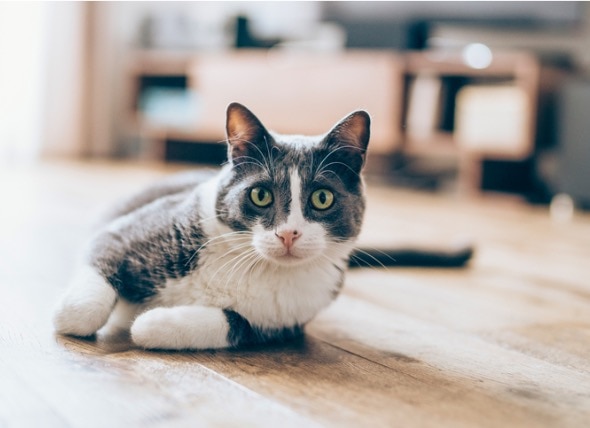
Stomatitis In Cats Symptoms Causes And Treatment Petmd

Pin On Helping Our Animal Friends
